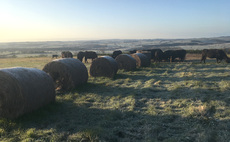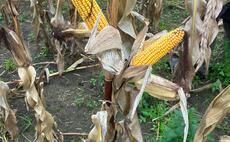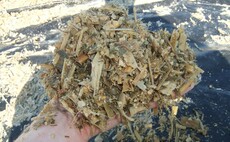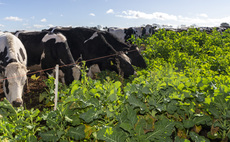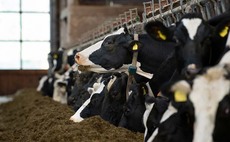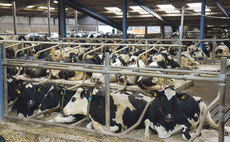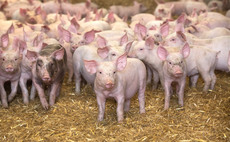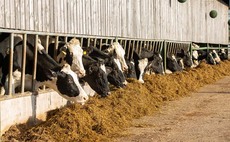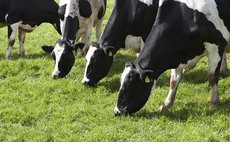animal nutrition
Dairy
Knowing what ingredients should be present within a milk powder is key to assessing its quality as the quantity and origin of ingredients can impact calf performance
Livestock
Bale grazing is a growing trend, allowing livestock producers to cut winter housing costs by outwintering stock in a way that is kind to the land
Dairy
Dairy producers looking to reduce feed costs and boost milk output could do well to team up with local arable growers planning to grow maize this spring following a difficult autumn drilling programme
Livestock
The unusual maize growing season means that while many crops have yielded well, quality is more variable and generally lower than in 2023, which will present some challenges when included in rations
Dairy
Outwintering dairy youngstock can be beneficial, but planning is key to success says Germinal’s Harley Brown-Keech
Dairy
Feeding high-quality silage with an ME of 11.5 or higher can achieve an extra 2.35kg of milk per cow per day, as well as help reduce a herd’s carbon footprint
Dairy
With autumn block calving underway, farmers are being urged to act now to prevent milk losses due to ketosis and transition-related disease
Livestock
Maintaining good gut health in piglets is a greater challenge following the removal of therapeutic zinc oxide, but new research shows the benefits of focusing on this key area
Dairy
Silage results look to be reflective of the variable weather conditions and indicate precise rationing will be key to maintain intakes
Dairy
Calcium and magnesium are important elements to get right for dairy cows, as the wrong levels can lead to hypocalcaemia and other health problems

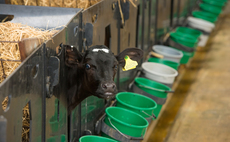
 01 February 2024
•
9 min read
01 February 2024
•
9 min read
